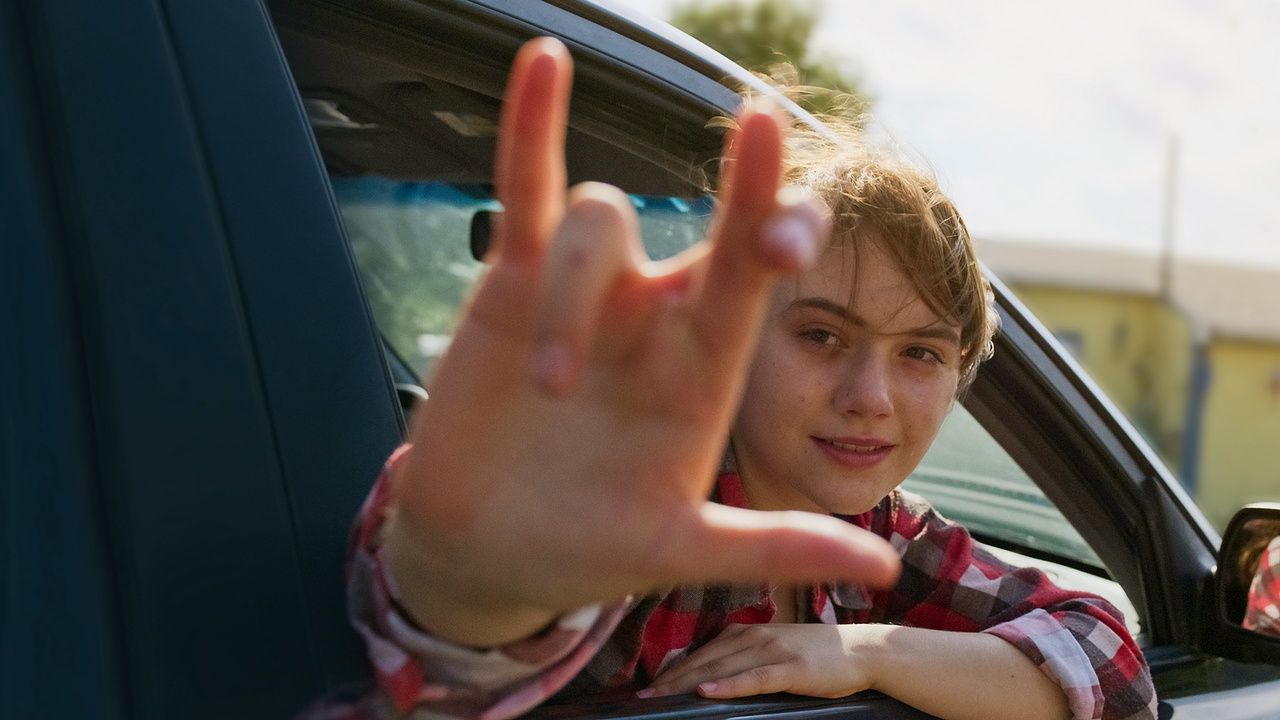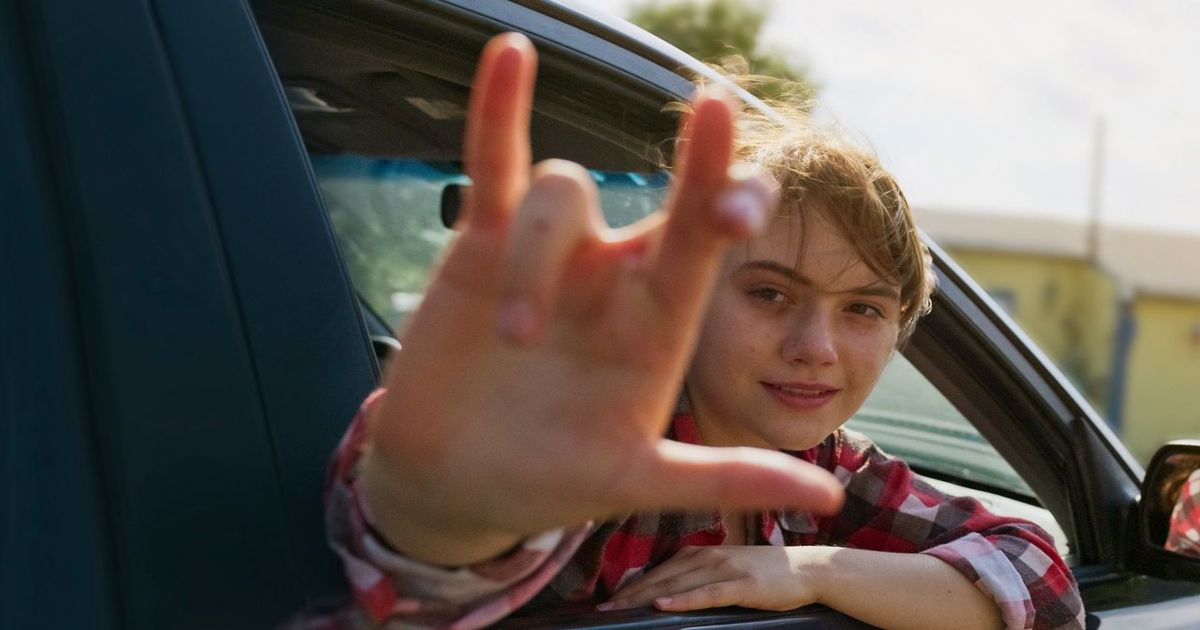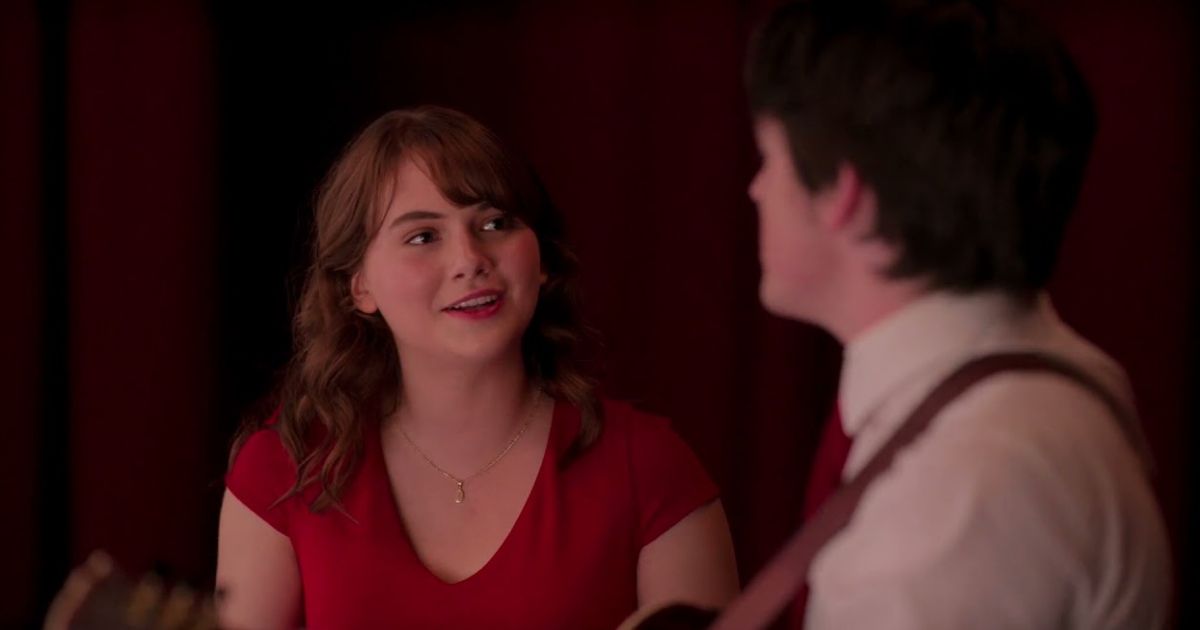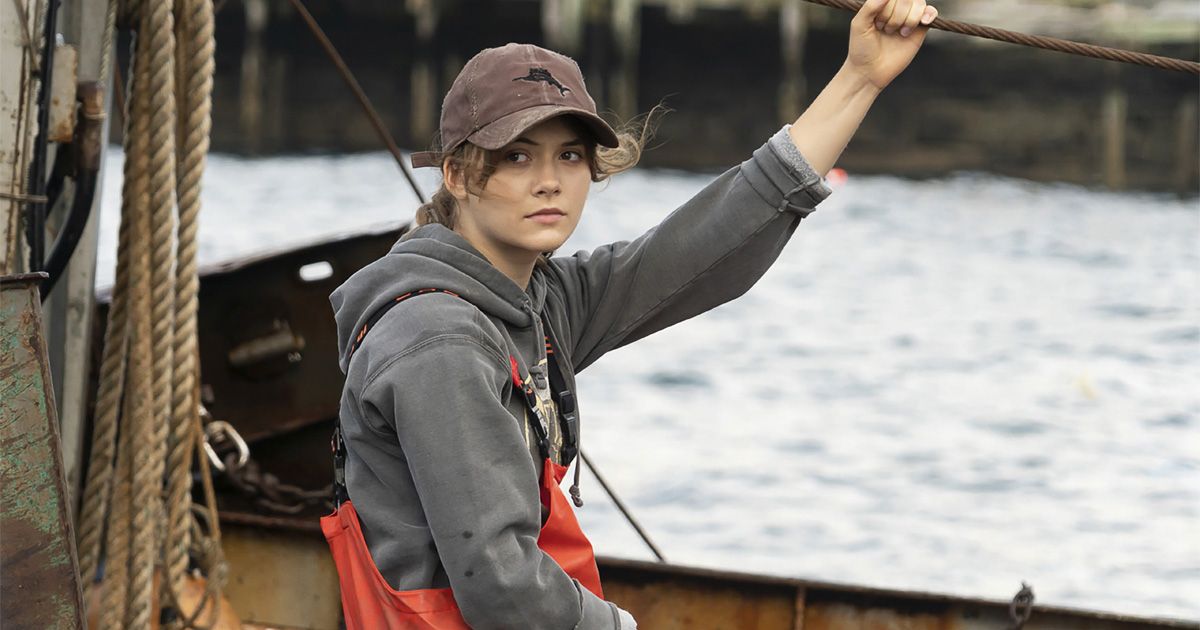Apple TV+ is a fairly new streaming service, having just launched its platform on November 1, 2019. Unlike other streaming platforms such as Netflix or Hulu, Apple TV+ only streams its original content. So, the platform doesn’t offer a big library of licensed TV shows or movies. Instead, Apple TV+ focuses on producing quality content over quantity. However, while they do have limited content, their expectations are high and the originals they do produce are excellent, as evidenced by the success of their recent original film, CODA, which just won three Oscars - one for Best Picture, Best Supporting Actor (Troy Kotsur), and Best Adapted Screenplay.
CODA, which stands for child of deaf adult, follows Ruby (Emilia Jones), who is the only hearing person in her family of four. After discovering her gift and passion for singing, Ruby is torn between following her dream of music and auditioning for a spot at the prestigious Berklee College of Music in Boston or staying to help her deaf family with their fishing business after it's threatened from failing to follow protocol. In the end, Ruby chooses both. She pursues her dream of becoming a singer while staying true to her family. During the final scene of the film, Ruby hugs her family farewell, then drives away toward her college future, looking back and signing the family special sign for I Love You.
A Relatable Family and Story
At its core, CODA is a girl's coming-of-age story, as Ruby finds herself torn between two worlds, the world of the hearing and the world of her deaf family. Ruby wants to become independent and go off to college, but she also doesn’t want to leave her family behind. As a CODA, ASL was likely her first language, and the one she identifies with the most. So, it’s easy to understand her hesitation and protection over her family.
While many of us cannot relate to those specific circumstances, the story of finding yourself split between two worlds is very relatable, and one that many of us face at some point in our lives. After all, everyone comes from a family, faces the struggles of growing up, becoming adults, and deciding what to do with their futures. More than anything else, CODA is a beautiful portrayal and celebration of what it means to belong to a family and the journey of discovering yourself.
A Stellar and Authentic Cast
A film is usually only as good as its leads, and in CODA, the acting does not disappoint. While new to the spotlight, British actress Emilia Jones established herself as a force to be reckoned with. As a hearing actress, Emilia Jones was not initially an ALS signer and had to learn the language, as well as take singing lessons and learn to fish, all within nine months before filming, as she told The Wrap. Jones was only 17 at the time and worked to bring authenticity to her role by speaking with other codas and conducting extensive character research. Besides Jones’s incredible performance, the film also highlights the talents of Troy Kotsur, Marlee Matlin, and Daniel Durant, all artists who are part of the deaf community.
It’s nice to see representation in the film by casting authentic actors who have all lived and breathed the struggles their characters face. Troy Kotsur gives a standout performance, and it’s easy to see why he deserves his recent win of Best Supporting Actor, which makes him the first deaf man to win an acting Oscar. His costar and on-screen wife, Marlee Matlin, is the only deaf woman to win an Academy Award for Best Actress, for her 1987 performance in Children of a Lesser God, and remained the only Oscar-winning deaf actor until Kotsur's win. Lastly, Daniel Durant is believable as Ruby’s older and annoying brother, Leo. The chemistry between the two is terrific, as the pair frequently exchange heartfelt insults.
The Silent Duet
While the film has many memorable moments, several with almost no audible dialogue as the audience is allowed a glimpse into the regular ASL communication of the endearing family. Perhaps one of its most impactful scenes is during Ruby’s concert. Earlier in Coda, Ruby is selected by her professor to sing a duet with classmate Miles. Leading up to the concert, we hear snippets of them practicing, teasing the audience of the musical masterpiece that was to come. However, during the concert, we see Ruby and Miles start their duet and while we hear the first few bars of the song, the volume fades, and we watch the duration of their singing in silence.
Then we experience their performance as members of the deaf community would, by silently watching them, as well as watching others enjoy it. We see glimpses of other audience members tapping their hands, nodding their heads, and even wiping tears from their eyes. It’s not until the end of Ruby and Miles’ performance when everyone is applauding that the volume comes back on. This silent duet gives viewers a taste of what it’s like for the deaf community, living every day in a world without music and sound.
CODA Makes History as the First Film with Burned-in Subtitles for all Its Screenings
In addition to being a great film worthy of praise and accolades, CODA also makes cinema history as the first film to have burned-in subtitles. Normally, going to the movies isn’t as convenient for members of the deaf community who need to attend screenings that have captions only visible with special glasses. However, the equipment is often broken or unavailable, resulting in a limited number of movies being accessible to the deaf community. CODA made history as the first film to screen with open captions and no special equipment needed when it screened in movie theaters in the U.S. and the U.K.
“It couldn’t be more groundbreaking, [just] as the film is groundbreaking in support of the deaf community and the hard-of-hearing community," Marlee Matlin told Reuters. “It is historic. It is huge for all of us,” Daniel Durant added, saying, “This is a day we have waited to see for so many years.” Inspirational, charming, and historic, CODA deserved its Best Picture win.



.jpg)

